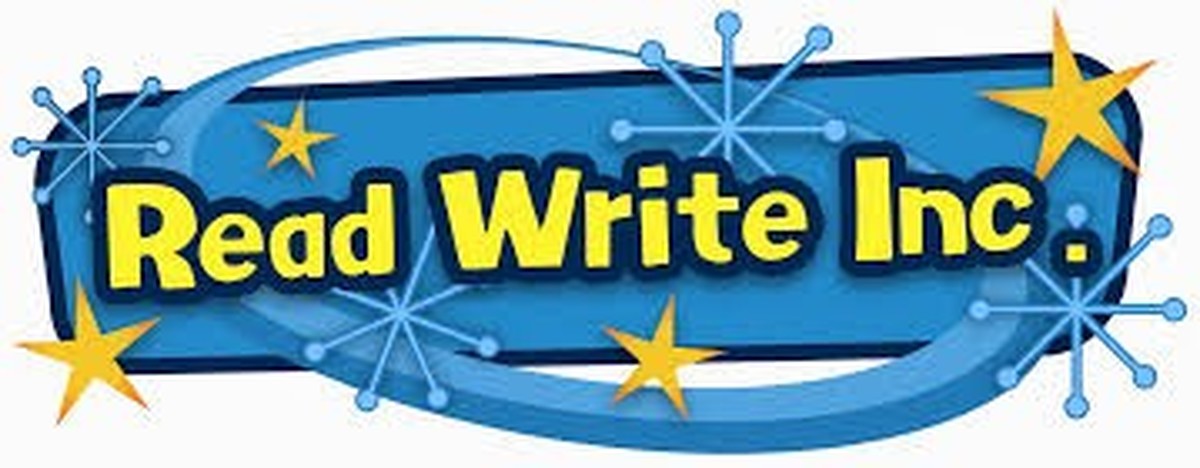English Curriculum
English at Lawley Village Academy
“English is the language of the future, the language of the computer. English is the most important tool you'll ever need, no matter what career you choose. You have the right to English. Make it your right!” Benjamin Zephaniah, poet, actor, TV and radio presenter
On this part of our website you should be able to find helpful information about the teaching and learning of English at our school
English is a vital way of communicating and understanding in school and in life in general. In studying English children develop skills in speaking, listening, reading and writing, spelling and phonics. It helps them to express themselves creatively and imaginatively and to communicate effectively.
Children learn to speak clearly and with confidence, adapting their speech to a range of audiences. They learn to listen attentively to each other and to respond appropriately. We place a strong emphasis on story-telling and creative thinking.
Children learn to become enthusiastic and critical readers of stories, poetry, plays, and non-fiction from a wide variety of cultures and times. Parents are asked to be actively involved in encouraging their children to read daily at home and to foster a love of reading. A home/school reading system is in place and we have a well-stocked library, in addition to class libraries, which children are encouraged to use.
Phonics and spelling are taught systematically from reception through school, in phases giving children the skills they need for reading and writing. The school uses Read Write Inc Phonics as our agreed phonics scheme. Active parental involvement in helping children learn their phonics at home is expected. Children learn to write accurately and fluently for a variety of genres. We emphasise the importance of writing, helping children to understand how language works by looking at its patterns and structures. They are encouraged to use this knowledge to write for a range of audiences using a variety of styles.
Presentation skills and handwriting are taught throughout the school and children‘s work is displayed with pride. We use Read, Write Inc materials as a structured programme for teaching spelling in EYFS and KS1, moving to common spelling patterns in KS2. We also teach grammar, spelling and punctuation as discrete areas and as part of other literacy lessons. Where appropriate, extra support in literacy is offered, using a range of intervention programmes throughout the school, or through individual education plans. We enhance children‘s literary experiences through visiting writers and poets and from visits to local theatres and drama groups in addition to staff sharing their own love of books and reading.
C Hendrie- Writing lead
Z Sharp- Reading and phonics lead.
For more information on this scheme please visit: Read Write Inc Phonics











